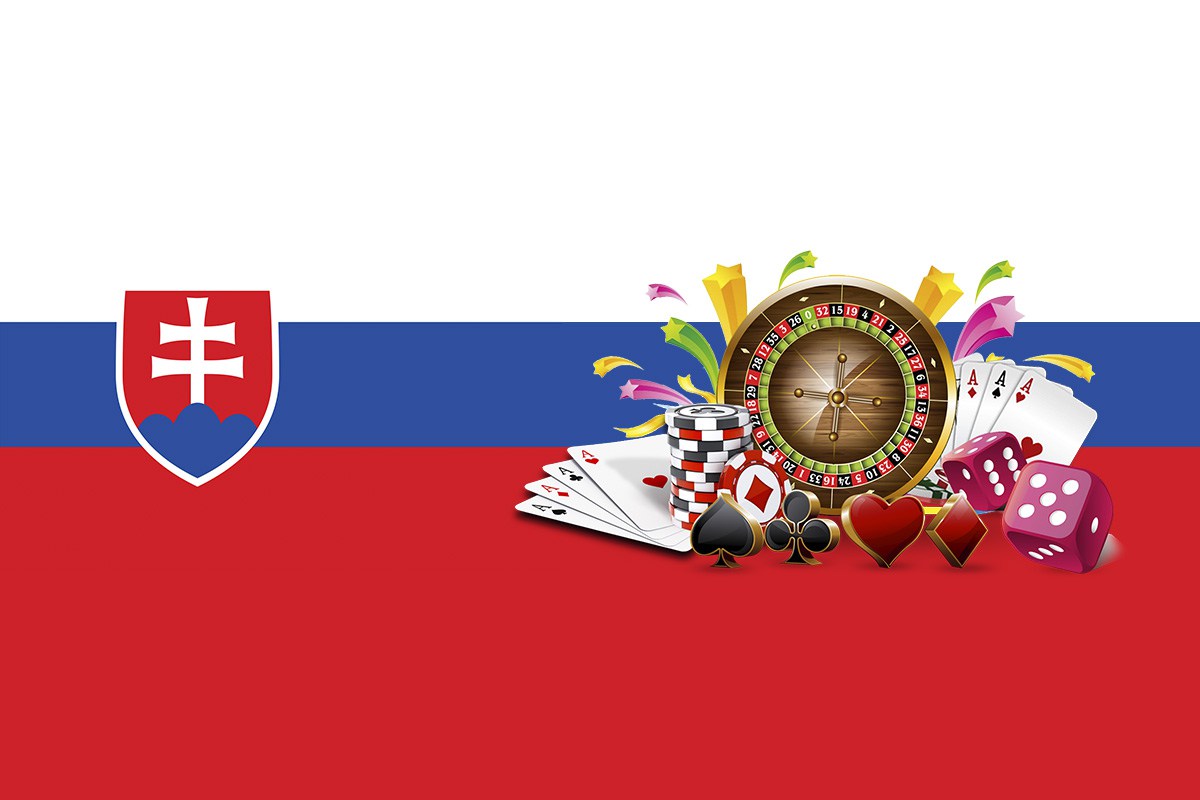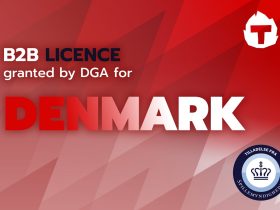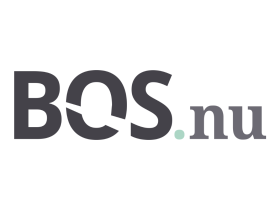 Reading Time: 5 minutes
Reading Time: 5 minutes
Are the Slovaks about to liberalize their iGaming market? Is it worth it to wait for any new laws? This deep-dive into the Slovak market takes a closer look at the reality on the ground and how you can profit from it.
This year in May, the Slovak government announced a planned liberalization of its restrictive iGaming laws.
This change would abolish the current state-owned monopoly on online casinos and it is hoped it will attract foreign operators. The plan is still in its early stages, but the detail released so far suggests the change will come into force in 2019, with a planned 23% tax on revenue.
What this deep dive will cover
We will go behind the headlines and cover the current market situation in Slovakia as it really is.
From the domestic players, to international operators, to the best-performing affiliates, you will see who is making money in the Slovak market right now.
We are also going to look at potential marketing strategies for those who want to build traffic from Slovakia.
Who this deep dive is for
If you are an operator who is considering applying for a licence, then you should read this.
If you are an operator or affiliate who has been scared away from the Slovak market by news reports of IP-blocks, payment processor bans, and €500,000 fines, then you should definitely read this.
But first a legal disclaimer
I am just a Slovak-speaking iGaming/marketing geek and not a lawyer, so none of the information below should be seen as legal advice—it isn’t. These are just my observations on Slovakia and iGaming.
Make sure to get proper legal advice before entering any grey market like Slovakia, Czech Republic or Hungary.
The legal situation today (June 2018)
Only the state-owned monopoly Tipos is permitted to run an online casino, which it does alongside a sportsbook and a lottery product.
Operators with a land-based betting business may also run online sportsbooks, and there are a number of Slovak and Czech betting firms which offer this. These firms currently pay a 27% tax on revenue.
Foreign firms who market to Slovak residents without a licence are named on a blacklist published by the Slovak Ministry of Finance. The list is updated every Monday and can be found here.
The current blacklist is a mixed bag of household names (William Hill, Bet365, Bwin), smaller operators based in the likes of Curacao, and a few affiliates.
As of June 2018, some of the names still on the list have removed any Slovak language options on their site, and yet they still appear there. The blacklist seems to be like the Hotel California—you may check in, but you may never leave.
If the firms do not shut down their websites to Slovak visitors within 10 days of going on the blacklist, Slovak Internet Service Providers (ISPs) must IP-block the website from Slovakia. However, all my technical tests show it is possible to access all the sites on the list while based in Slovakia.
The blacklist also contains IBAN details for each operator. Although there have been some public threats to stop Slovak payment processors from sending payments to these companies, I haven’t heard of this ever happening.
Indeed, there is no mention of any payments ban on the current version of the list.
The Slovak Ministry of Finance also threatens to issue fines to persistent offenders. There is a potential fine of €500,000 for operators and €250,000 for advertisers/affiliates.
Again, we haven’t heard of such fines being either issued or paid. Considering that the Dutch have failed to collect any fines since 2015, it’s probably safe to assume that no international operators have ever paid any Slovak fines.
Proposed changes to the law (by 2019)
The Ministry of Finance has recently proposed ending the state monopoly on online casinos, allowing domestic and foreign firms to seek a licence in the country.
The new proposed tax rate is 23% on revenue. This tax rate might tempt more applications for a licence than the Czech Republic did in 2017 with a 35% tax rate on revenue.
An important note on political risks to new gambling legislation
In general, Slovak political parties see anti-gambling laws as a big vote-winner.
In a further complication, Slovakia has a slightly unstable political climate, with coalition governments ruling almost exclusively since independence. These coalitions of two, three, four or more parties, all with different outlooks on gambling, mean that it’s very difficult to predict what the next government will actually do.
A perfect example of this instability is the recent disagreement between the Bratislava city council and the Bratislava regional government on the subject of banning land-based gambling in the Slovak capital. The next Slovak parliamentary election is due in 2020.
Frankly, basing an iGaming strategy on this proposed law being passed and then staying in place for more than a few months, is highly risky.
The iGaming market in Slovakia today
If you choose to enter this market, you should know what the current landscape looks like, particularly with regards to who the established competition is.
Apart from the state monopoly (Tipos), there are several betting operators with a physical presence in the country, who have a licence to also market a website to Slovak customers.
On top of this, there are plenty of international operators who continue to offer their sites in the Slovak language, including some big names.
Below are the main domestic, government-approved players with sites in the Slovak language.
– Tipos.sk – this is the state-owned monopoly, offering sportsbook, casino and lottery games. The betting odds are reasonably in line with the international market, but as the only licenced company offering online casino in the country, the selection of slot games looks dated and limited.
– iFortuna.sk – offering sportsbook only, this is the online version of a Czech gaming group which has land-based betting shops in Slovakia.
– Nike.sk – offering sportsbook only, the online version of a Slovak gaming group which has land-based betting shops in Slovakia.
– Tipsport.sk – Slovak sportsbook
– Doxxbet.sk – Slovak sportsbook, who also have sites in other countries e.g. Nigeria
On top of these domestic players, there are plenty of international operators which currently offer services in the Slovak language:
– bet365.com (licensed in Gibraltar and soon Malta, offering sportsbook & casino – they are currently on the blacklist)
– kajot-casino.com (licensed in Malta, casino only, currently on the blacklist)
– vulkanbet.com (licensed in Malta, sportsbook & casino, NOT mentioned on the blacklist)
– 1xslot.com (licensed in Cyprus, casino only)
– bohemiacasino.com (licensed in Malta, casino only, NOT mentioned on the blacklist)
– slotv.com (licensed in Cyprus, casino only)
Due to the similarities between Czech and Slovak, it’s easy for Slovak customers to read and speak the Czech language, making websites offering support in Czech a possible option for these customers.
Lots of international sites were scared off the Czech market, but a few still offer this language option, and presumably are of interest to Slovak customers.
Here are a couple you should be aware of: williamhill.com (licensed in Gibraltar, sportsbook & casino); ceskecasino.com (licensed in Curacao, casino only)
Affiliates offering content in the Slovak language
Of course, affiliates also play a key role in Slovakia. Here are the top 5 performing affiliate sites for the Slovak market: mistrcasino.cz; casino-online-sk.com (included on the blacklist); kasino-online-sk.com (included on the blacklist); najlepsiecasino.com; casino-hry.sk.
It’s interesting to note that none of these top-performing affiliates are working with any of the government-approved Slovak-based operators.
Written by: Ivana Flynn for Calvinayre.com. Ivana is a Malta-based SEO Consultant dedicated to helping iGaming operators and affiliates improve their organic search rankings. Her biggest professional passion is using SEO to break into new and tricky markets. In her spare time, she bakes, works out and plays with her cats.
Source: European Gaming Industry News





